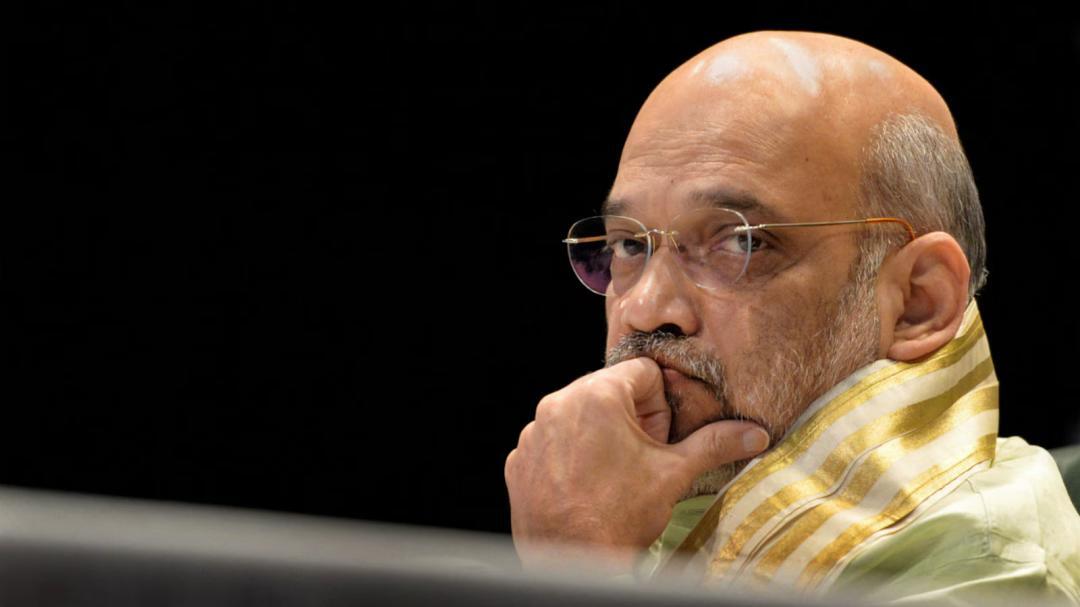 |
|
The recent diplomatic spat between India and Canada has escalated, with India lodging a formal protest against allegations made by a Canadian minister against India's Union Home Minister Amit Shah. This incident highlights the growing tensions between the two nations, fueled by the complex issue of Khalistani separatism and its implications for both countries.
The catalyst for this diplomatic row was a statement by David Morrison, Canada's Minister of Public Safety, who accused Amit Shah of targeting Khalistani separatists in Canada. This allegation, made in the context of heightened security concerns regarding Khalistani activities in Canada, was deemed unacceptable by India. The Ministry of External Affairs (MEA) responded swiftly, summoning a representative from the Canadian High Commission in India and issuing a strongly worded note expressing their displeasure.
India's reaction underscores the gravity of the situation. By summoning a representative from the Canadian High Commission and delivering a protest note, India has signaled its serious concerns about the allegations made against Amit Shah. The MEA's statement, warning of 'serious consequences for bilateral ties,' further emphasizes India's firm stance on the matter. The use of such strong language suggests a deepening of the rift between the two nations, potentially jeopardizing ongoing diplomatic collaborations and economic partnerships.
The issue of Khalistani separatism has long been a contentious one between India and Canada. While Canada officially recognizes India's territorial integrity and opposes separatism, the presence of a significant Sikh diaspora in Canada, including some advocating for Khalistan, has led to concerns for India. This issue has been further complicated by the recent rise in Khalistani activities in Canada, including alleged attempts to incite violence and disrupt peace within the Indian community.
The current diplomatic crisis highlights the need for both countries to engage in constructive dialogue and find a way to manage their differences effectively. Open communication and a willingness to address concerns on both sides are crucial for maintaining a healthy bilateral relationship. The potential for escalation in this situation is high, and it is in the best interest of both India and Canada to work towards finding a resolution that respects the sovereignty of both nations and safeguards the interests of their respective citizens.
